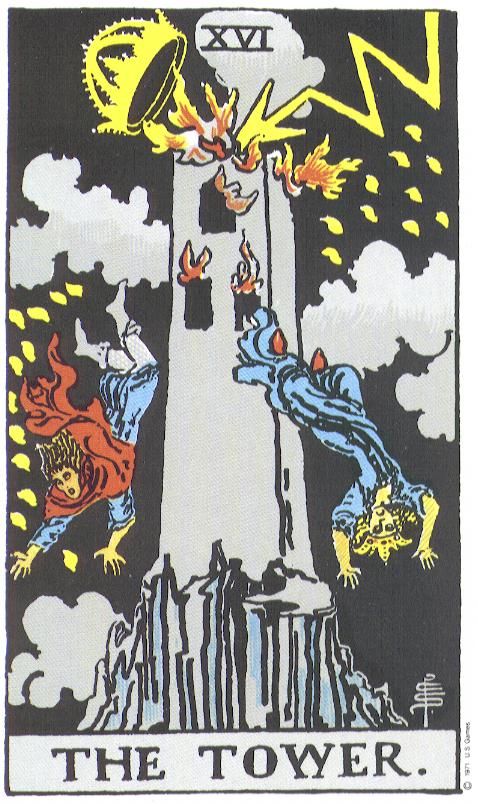The purpose of this page is not to
cause pain to those involved in the tragedy, but rather is to draw out
the lesson, so that the same mistakes will not be repeated in other contexts.
The last part of Richard P. Feynman's book What Do You Care
What Other People Think? concerns itself mainly with the question
"why did the space shuttle blow up?" Professor Feynman served on
the Rodgers commission to find the last days of his life when he was dying
of cancer. More Specifically, the question was, why did technical objections
to the launch not transmitted up the chain of command to the managers who
could stop the launch?
In order to provide a context for Feynman's answer, I am going to move
out of the book and what Feynman said to a digression of my own. Let us
ask why was Christa McAuliffe a school teacher sent into space? I do not
want to disparage Ms McAuliffe or her accomplishments, but the fact is
she was a social studies teacher. What do people learn about when they
study social studies? People and societies. There are not many people or
societies in space. On the other hand, there are a large number of physics
demonstrations that can be facilitated by the lack of gravity. OK, if you
want to be pedantic, by the apparent lack of gravity, due to an accelerated
frame of reference.
So if the idea is to educate the nation's young people:
Put the social studies on the ground where she can demonstrate how
to study people and societies, and send the physicist into space were he
will have an ideal environment to teach physics.
It is too logical.
Except for the problem of what makes the space shuttle go up. Everyone
who
has seen the movie the Right Stuff knows that funding
makes
the rocket go up. "No bucks, no buck Rogers."
NASA's budget comes from the same part of the budget that HUD and other
social services spending. It goes through the same committees. Every dollar
that goes to NASA is a dollar lost to HUD and other social services. This
was at a time when the Democrats controlled the Congress and Reagan had
the Presidency. What sort of congressman would be attracted to these committees?
Answer: those with an urban constituency and interested in social issues.
So sending a social studies teacher into space was a way for NASA to
suck up to the socially conscienced community and attempt to mollify it
for all the bucks that NASA was taking from social services.
It is ironic. If the nation's students could have studied this process
they really could have learned something about political science and Real
Politick.
In this context, let us return to Feynman's theories about why the space
shuttle blew up. Why did the high up managers not know about the technical
objections to launching?
There are two theories found on pages 212-215, 236 of Feynman's book:
Theory B: They did know, they just said they did not know.
Theory A is more complex. High up managers have to testify before
congress. Every time a high up manager hears about a problem the
estimate of the cost to build and run the space shuttle goes up. If the
estimate goes too high the project could be canceled. High up managers
can be more "honest" with congress if they do not know about certain
problems. The message transmitted implicitly through the atmosphere is
"Don't tell me about problems." Over time a culture of willful ignorance,
self deception, and even tolerance for lies gets created.
The process goes on until reality crushes the space shuttle in a instant.
Feynman's personal report ends:
For a successfully technology, reality must take precedence
over public relations, for nature can not be fooled.
I want to ask, cannot Feynman's principle be generalized a little? How
about this?
When in the course of human events, a social organization's
culture, it's foundation if you will, becomes so contaminated with willful
ignorance, the toleration of lies, and self deception, then the organization's
behavior will become so out of line with fact, that reality can crush the
organization in a instant.
This condition is called decadence.
This among other things, is what the tarot card "the Tower" is trying to
tell us. |

